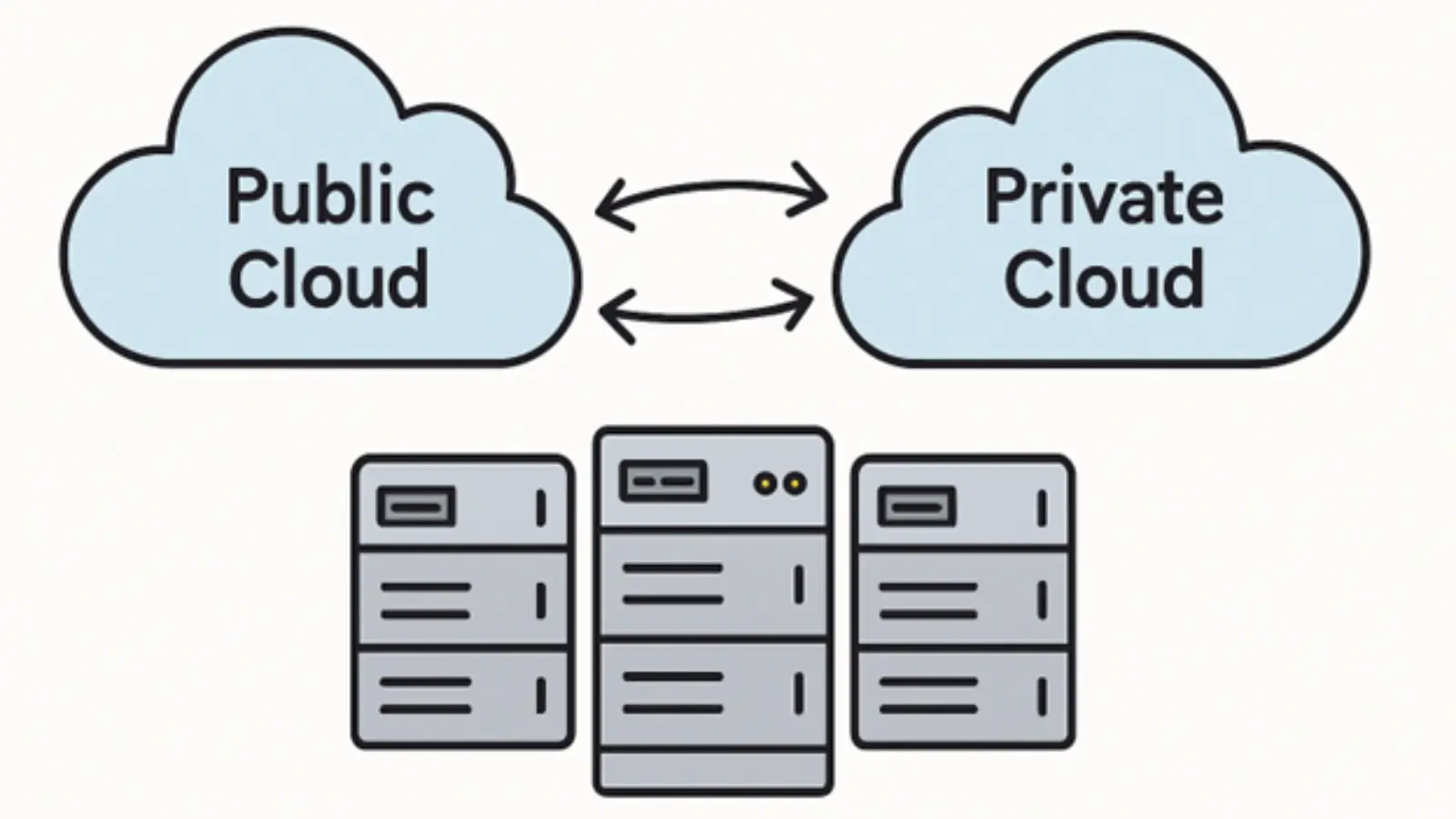Running an HVAC business isn’t a walk in the park. From handling service calls to managing technicians, ensuring that everything runs smoothly can feel like juggling a bunch of balls in the air. As HVAC professionals, we know that the job isn’t just about fixing heating or cooling systems; it's also about providing top-notch customer service and staying organized. But with a growing customer base and increasing demand for fast, efficient service, how do you keep things running smoothly without burning out? The answer lies in technology - specifically, Cloud CRM systems.
What is Cloud CRM, and Why Should You Care?
Let’s break it down. CRM stands for Customer Relationship Management, and when it’s cloud-based, it means all your customer data, service schedules, and job details are stored securely online. This lets you access all the info you need from any device, anywhere, as long as you've got an internet connection. It’s like having an office in your pocket - no more digging through stacks of paper or relying on clunky software that only works on one computer.
In the world of HVAC service calls, Cloud CRM can be a game-changer. It streamlines your operations and makes sure your team is always on the same page. But it’s not just about having easy access to info - it’s about making your life easier so you can focus on what you do best: keeping customers comfortable.
Why HVAC Businesses Need Cloud CRM
Running an HVAC service business means dealing with a lot of moving parts. You’ve got service appointments, parts orders, customer calls, technician schedules, and, of course, invoices to handle. With all these tasks, things can get chaotic pretty quickly. But when you use a Cloud CRM system, you’re putting everything in one place.
One of the biggest pain points in the HVAC industry is missed or late service calls. If your technicians aren’t organized, it can lead to missed appointments or double-booking, and that’s a surefire way to annoy customers. Cloud CRM keeps track of your service calls in real-time, so you never have to worry about scheduling conflicts or losing track of a job again.
Real-World Example: How CRM Transformed One HVAC Business
Take a moment to think about your daily operations. Imagine you're juggling multiple service calls, trying to remember what parts you need, and struggling to keep track of who’s on what job. Now, picture this: you pull up a cloud-based CRM system on your phone or tablet, and you’ve got the job details, technician schedules, and customer info all at your fingertips. Sounds pretty good, right?
That’s exactly what happened when Mike, an HVAC business owner I know, made the switch to a Cloud CRM system. Mike was constantly dealing with missed calls, frustrated customers, and technicians running behind schedule. After implementing a CRM, Mike found that his team could access customer info on the go, update job statuses in real-time, and communicate more effectively. The result? His customer satisfaction shot up, and his team became more efficient than ever.
The Future of HVAC Service Calls: A Cloud CRM Perspective
Technology in the HVAC industry is evolving, and more businesses are making the shift to digital tools like Cloud CRM systems. To fully customize and optimize these systems for your business needs, many companies choose to hire cloud developers who can build tailored solutions and integrate key functionalities seamlessly. According to a recent survey by the National Association of HVAC Contractors, over 50% of HVAC companies are planning to invest in new technology, including CRM systems, in the next few years. This shift is being driven by the increasing demand for better customer service and the need to streamline operations to stay competitive.
But the trend doesn’t stop there. As the industry embraces smart home technology, more HVAC businesses will be looking for ways to integrate their service systems with connected devices. Cloud CRM platforms are already evolving to support these integrations, making it easier for HVAC professionals to manage both traditional service calls and new, tech-driven requests.
Key Benefits of Cloud CRM for HVAC Service Calls
1. Improved Customer Communication
With a Cloud CRM system, you can keep customers updated in real-time. Whether it's confirming an appointment, providing updates on technician arrivals, or sending a reminder before service, everything can be automated and scheduled in advance. This not only keeps your customers happy but also makes your business look professional and reliable.
2. Better Scheduling and Dispatching
Gone are the days of double-booking or scrambling to find a technician for an emergency service call. With Cloud CRM, scheduling is simplified. It’s easy to assign technicians based on their availability, location, and skill set, which reduces downtime and ensures your team is always working efficiently.
3. Streamlined Billing and Invoicing
How many times have you had to chase down paperwork to send an invoice? With a Cloud CRM, all customer details, service records, and payment info are in one place, making billing a breeze. You can generate invoices directly from the system and send them to your customers instantly - no more waiting around for manual paperwork.
4. Real-Time Access to Data
One of the coolest features of a Cloud CRM system is the ability to access data from anywhere. Your technicians can update job status, note repairs or parts used, and even send follow-up emails to customers directly from their phones or tablets. This ensures that everyone is on the same page and prevents any miscommunication.
A Look at Field Promax Features
One great example of a Cloud CRM for HVAC businesses is Field Promax. This system helps HVAC businesses manage service calls, track technicians, and streamline billing - all from a single, easy-to-use platform. With features like service scheduling, customer communication tools, and real-time job updates, Field Promax helps businesses save time and reduce errors, which ultimately leads to better customer service and more profits.
What makes Field Promax stand out is its intuitive design. It’s built with HVAC businesses in mind, meaning it’s simple to use and packed with the tools you need to stay organized. Plus, with its mobile-friendly platform, your team can stay connected, even when they’re out in the field.
How to Make the Most of Your Cloud CRM
Using a Cloud CRM is just the start. To really take advantage of its features, you need to integrate it into your daily operations. Here are a few tips to help you get the most out of your system:
1. Train Your Team
A Cloud CRM is only as good as the people using it. Make sure your team is trained on how to use the system properly so they can take full advantage of all the features. Whether it’s updating job statuses, sending customer updates, or managing schedules, training will ensure that everyone is on the same page.
2. Use the Automation Features
Many Cloud CRM systems have automation features that can save you a lot of time. Set up automatic reminders for appointments, follow-up emails after service calls, and even automated billing. These features help reduce human error and make sure that no task is overlooked.
3. Track Your Progress
Most Cloud CRM systems come with reporting tools that allow you to track your progress. Use these reports to monitor how efficiently your team is working, how satisfied your customers are, and where improvements can be made. By reviewing this data regularly, you can make informed decisions that improve your business operations.
Conclusion
The HVAC industry is changing, and embracing technology like Cloud CRM systems is no longer optional - it’s necessary to stay competitive. By streamlining your service calls, improving communication, and making your scheduling and billing processes more efficient, Cloud CRM can help your HVAC business thrive. And with tools like Field Promax, you can ensure your team stays organized, your customers stay happy, and your business grows.
The future of HVAC service calls is cloud-based, and if you haven’t made the switch yet, now’s the time. Keep your service calls running smoothly, reduce administrative headaches, and focus on what really matters - providing great service to your customers.
















